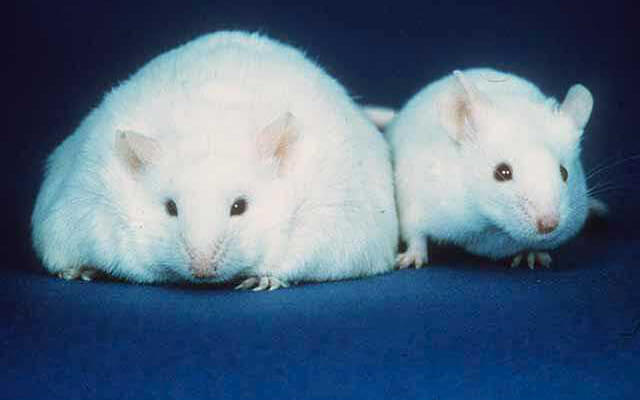New research finds that the amount of food eaten and time of day that it’s eaten alters the bacterial environment in the gut, for good or for bad. An estimated 500 to 1,000 bacterial species live in a person’s gut, generally amounting to trillions of gut bugs.
Scientists have a general agreement that the gut changes pretty consistently. Often this happens in response to things like food type, which bacteria are prevalent at a given time, or immune regulation. In most cases, previous research has explored these changes from a broad, wide lens. For this new study, researchers at University of California San Diego School of Medicine used mouse models to “zoom in” on the numerous changes that the gut undergoes on a daily basis, instead of just from a generic perspective.
“Most researchers are getting snapshots of this constantly shifting environment, which makes it hard to understand what is going on in the gut. With this study, we are trying to get multiple snapshots throughout the day, almost like a movie, to better understand how food and the microbiome interact to affect weight gain and diabetes,” says senior study author Dr. Amir Zarrinpar, assistant professor of medicine at UCSD School of Medicine and a gastroenterologist at UCSD Health, in a statement.

In this study, Zarrinpar and colleagues shine a light on cyclical changes in the gut microbiome, and specifically examine them through investigating diet-induced obesity (DIO) and time-restricted feeding (TRF). To do this, they introduced the mice to different eating patterns and foods to better understand digestion and absorption relative to microbiome composition.
It was found that DIO and no TRF, meaning mice could eat as much as they wanted however often they wanted to, resulted in major disturbances to the gut microbiome and signaling pathways that help regulate circadian clocks. Simply put, they became overweight and unhealthy pretty quickly.
“These findings underscore the influence of diet and time restricted feeding patterns in maintaining a healthy gut microbiome, which in turn modulates circadian rhythms that govern metabolic health,” says Zarrinpar.
The authors have expressed that their work can advise future studies on how to navigate gut behavior in a more nuanced way. Investigations conducted to uncover how the gut functions, or how pharmaceuticals behave according to the gut’s response to a stimulus at a certain time of day, may find this work to be useful as a reference.
This study is published in the journal Cell Reports.

Sooo … if left to eat however much they wanted, they gained weight.
They needed a study to prove this?
And they probably spent 50k in taxpayer grant money to do this lol.
Uhhh. Wut.
this is what you get when you are socially promoted through all your K-12 thru 16 grades.
Oh, the rodentia!
Stop fat-shaming laboratory mice!
Been saying this for years. The facts are ..Basically intermittent fasting. Skip breakfast. Don’t eat after dark. That’s all it really is. It will extend life by 1/3 in ALL life forms.